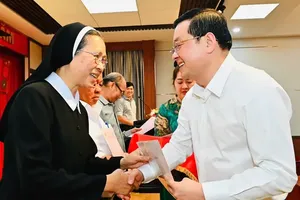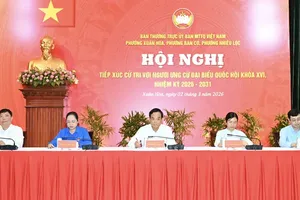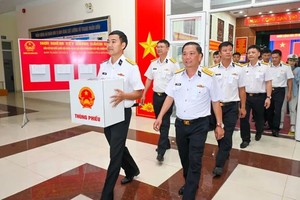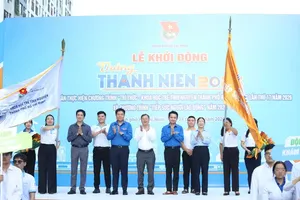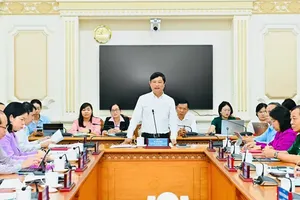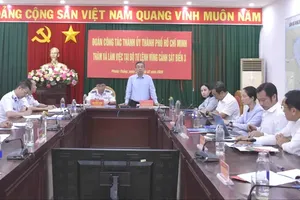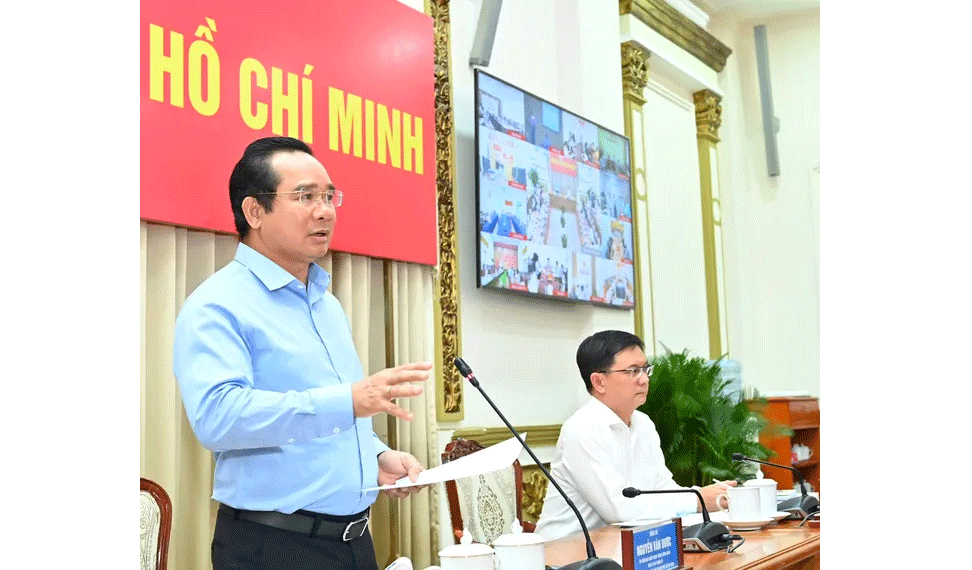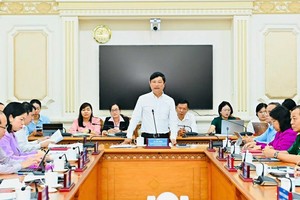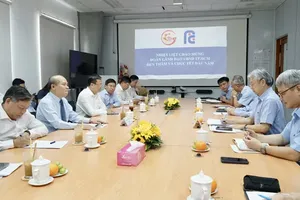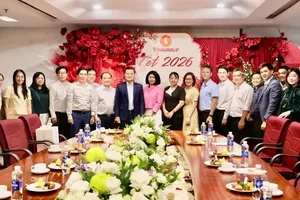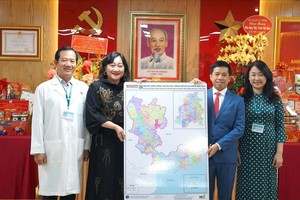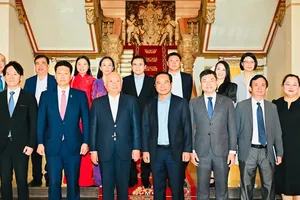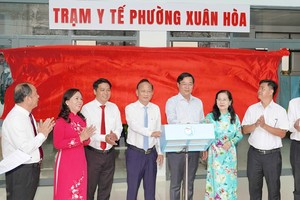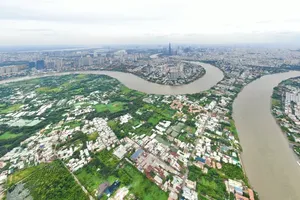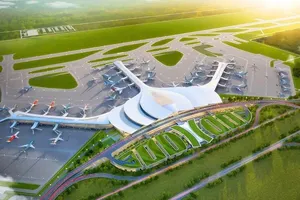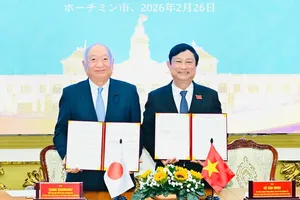The focus of the international conference brings the theme of “Ho Chi Minh City International Financial Center – The New Heartbeat in the APEC Finance," with participation of Mr. Duong Anh Duc, Head of the Propaganda and Mass Mobilization Commission of the Ho Chi Minh City Party Committee.

In his remarks, Director of the Ho Chi Minh City Department of Science and Technology Lam Dinh Thang emphasized the city’s pioneering role in innovation. Ho Chi Minh City is home to nearly 50 percent of Vietnam’s startups and hosts three out of four Vietnamese tech unicorns.
The city’s startup ecosystem ranked 110th globally in 2025 according to Startup Blink.
The city aims to make a breakthrough with its Next Generation (NextGen) model, combining the creativity of young people with the expertise of professionals toward sustainable and inclusive development.
The Director of the Ho Chi Minh City Department of Science and Technology called on experts to offer solutions to four major challenges.
These include transitioning to an intellectual property–based economy; completing the legal framework for digital assets to become a key breakthrough of Vietnam’s International Financial Center in Ho Chi Minh City; building a Vietnam–Singapore “Fintech superhighway”; and developing the three financial pillars from APEC to Vietnam’s International Financial Center comprising governance, capital and banking collaboration.
Master Nguyen Truc Van, Director of the Ho Chi Minh City Center for socio-economic simulation and forecasting under the Ho Chi Minh City Institute for Development Studies noted that the National Assembly’s Resolution No. 222/2025/QH15 on the International Financial Center in Vietnam and the Government’s Resolution No. 05/2025/NQ-CP on piloting the digital asset market in Vietnam are opening a new era of digital finance for Ho Chi Minh City and the country.

These essential documents provide the framework for setting up Vietnam’s International Financial Center in Ho Chi Minh City and Da Nang. The center is intended to drive sustainable finance, operate under international best practices, attract skilled professionals, and harmonize the interests of the government, investors and the public.
Ho Chi Minh City has established a Steering Committee, developed plans for the financial center, and prepared its operational framework. The proposed International Financial Center will span 899 hectares. Experts see this as a major opportunity for the city to accelerate its digital economy, particularly as the region moves toward signing the ASEAN Digital Economy Framework Agreement (DEFA) in 2026.
The city needs significant investment in research and development (R&D), development of technology experts and creation of talent exchange programs.
Experts also suggested that the city develop a robust startup ecosystem, boost collaboration between academia and industry, and promote creativity to transition toward an intellectual property–based economy.
In addition, Ho Chi Minh City should adopt more breakthrough policies to attract international investment for its startup ecosystem.

